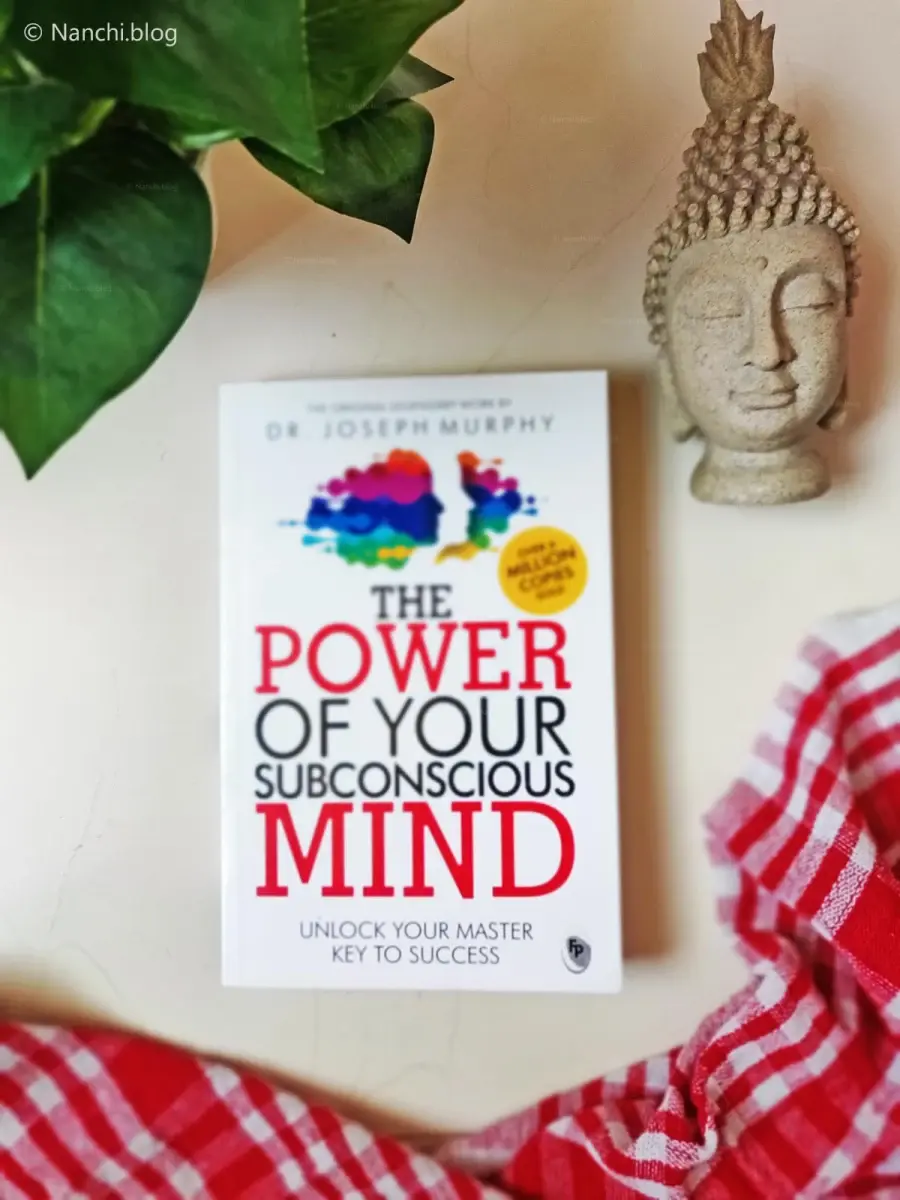Grit - The Power of Passion and Perseverance - 8
- shannu0719
- Jan 8, 2024
- 2 min read
“Grit - The Power of Passion and Perseverance” by Angela Duckworth is a book received from my previous organization L&T Construction as a token of appreciation for delivering project planning sessions to onboarding employees.
It gets difficult to finish a book on a single topic with more than 300 pages as I feel a single topic doesn’t require 300 pages of explanation. I felt the same when I was halfway through the book “GRIT” and kept it aside. Recently, I opened it again and finished it in a week, this time I enjoyed reading. I got connected to the content at this point of time in my life.
My takeaways from the book
The fact is even though we say hard work is more important than talent, we still believe the opposite deep down. You can realize this when you fail because you start cursing yourself for not being talented and lucky.
Efforts count twice as the talent on achievement. Talent is how fast we improve our skill and Effort builds skill. Skill = Talent X Effort and Achievement = Skill X Effort. Hence, Achievement = Talent X Effort2
Grit is about working on something you care about so much that you are willing to stay loyal to it. It’s not about falling in love; it’s about staying in love. A large vision, a big dream, or something greater drives you, but to be consistent and motivated for a long duration small, achievable, daily goals, to help you get wins, and make progress are a must.
Developing grit is four step process [Personal view: I love processes]
Discovering your Interests: If you feel learning and practicing something is fun, this is your Interest.
Deepening through practice: define how you practice and use deliberate practice to become outstanding.
Developing a sense of purpose: develop the intention to contribute to the well-being of others through the skill that you have practiced for years.
Nurturing hope: Create the expectation that our own efforts can improve our future.
Grit is one key virtue among 3 clusters of virtues. Intrapersonal virtues (e.g. self-control, grit) affect how you manage yourself. Interpersonal virtues (e.g. social intelligence, emotional control) affect how you interact with others. Intellectual virtues (e.g. curiosity) affect how you engage with ideas.




Comments